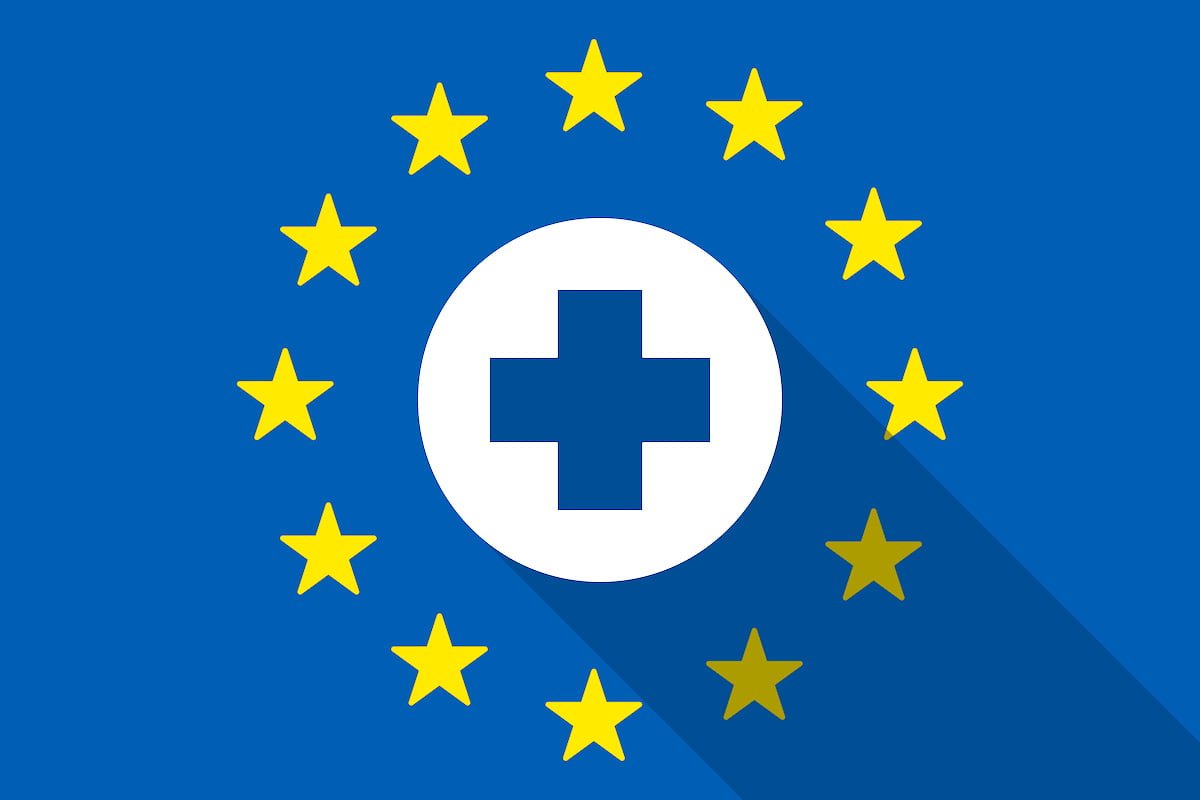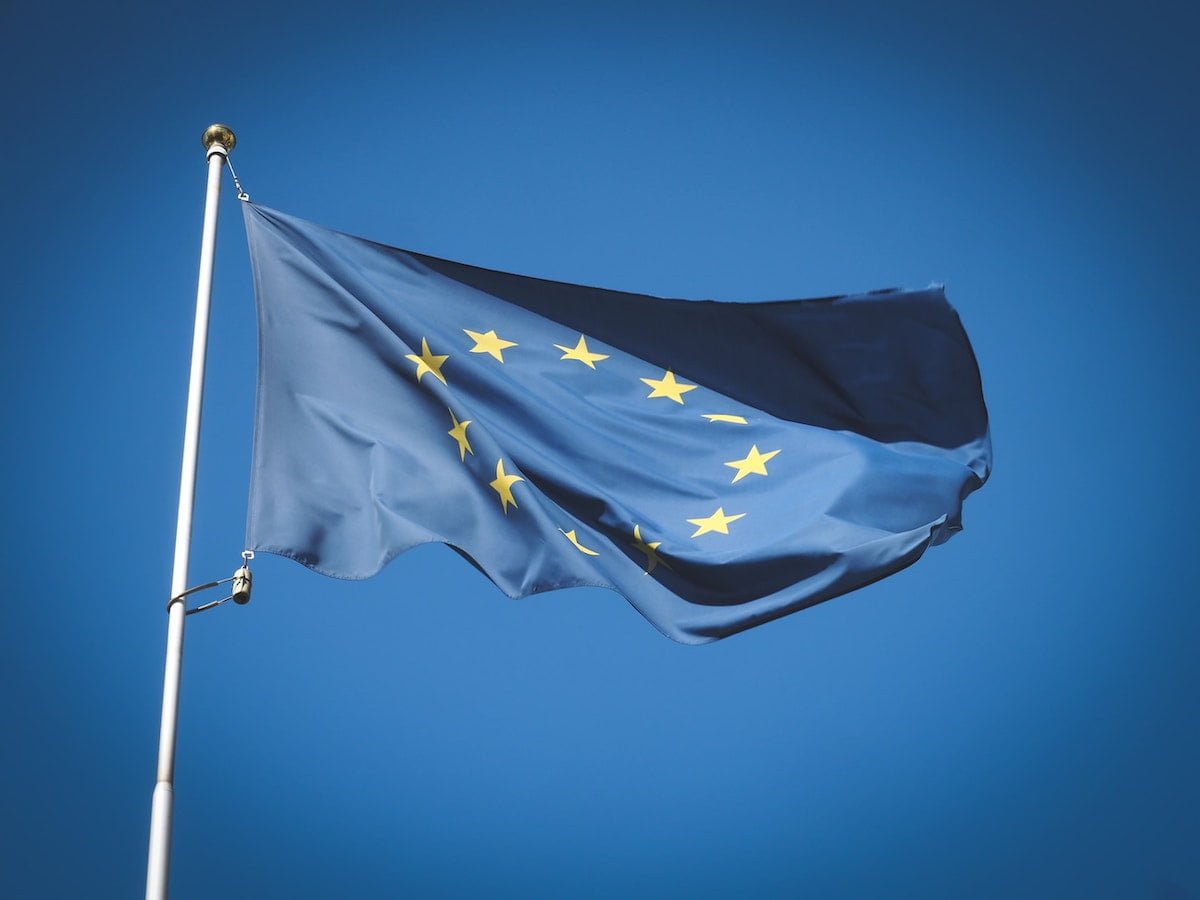In response to a letter from a group of cross-party MEPs calling for the EU to act fast on psychedelics, the European Medicines Agency will be holding a multi-stakeholder workshop on the topic towards the end of 2023.
The MEPs wrote to the European Medicines Agency (EMA) and the European Monitoring Centre for Drugs and Drug Addiction (EMCDDA) to say the organisations need to play a more active role in the advancement of psychedelic medicines in Europe.
Signatories of the letter included MEPs Alex Agius Saliba, Robert Biedroń and Sara Cerdas of S&D, Jarosław Duda of the EPP, Tilly Metz of the Greens and European Free Alliance, and Frédérique Ries of Renew Europe.
The EMA has now responded to the MEPs in a letter signed by its Executive Director, Emer Cooke.
The letter states the EMA recognises that mental health conditions and substance use disorders are one of the highest public health challenges in Europe, and that the organisation is closely following the developments in the field of psychedelic-assisted therapies.
In light of the MEPs’ request, the organisation has confirmed it will be holding a multi-stokehold workshop later in 2023.
The letter states: “… a multi-stakeholder workshop is being planned for Q3/Q4 2023 focusing on promoting the development of psychedelics that address unmet medical needs.”
The organisation has also confirmed in the letter that it will cooperate with the European Monitoring Centre for Drugs and Drug Addiction (EMCDDA) on psychedelic substances.
“I would also like to let you know that EMA has an established framework for interaction with EMCDDA, having signed the first official working arrangement already in 2010,” states the letter.
“This Working Arrangement allows EMA and EMCDDA to cooperate and have regular exchanges at the technical level on matters falling under their respective mandates, such as exchange of information on new psychoactive substances and on abuse of medicinal products, and to develop an effective line of cooperation on psychedelic substances.”
The news has been welcomed by the MEPs, including Tilly Metz of the Greens and European Free Alliance, who commented: “I am glad to see that the EMA is keen to extend its work on psychedelics in order to better and safely ensure access to these treatments for patients in the EU.”
Tadeusz Hawrot, Founder and Executive Director of Psychedelic Access and Research European Alliance (PAREA), which will be working alongside the MEPs on the matter, and which last year invited the EMA to consider organising an EU-led workshop on psychedelics, also welcomed the development.
Hawrot told Psychedelic Health: “We are grateful for the impartial support that EMA has consistently demonstrated towards this field, establishing itself as an institutional champion that remains acutely attuned to the cutting-edge advancements in the realm of psychedelic therapies and the immense promise they hold for millions of Europeans.
“Personally, I’m thrilled by the announcement of a multistakeholder workshop. I’m convinced that an EU-led workshop involving actors like relevant EU institutions, member states’ representatives, patients’ organizations, and scientists will represent an important next step.
“It can initiate a multilateral reflection process, paving the way for Europe to prepare for the arrival of novel psychedelic treatments and exploring the potential role that EU institutions, such as the European Commission, could play in it. This could take a form of an EU-led action laying strong foundations for the rollout of those novel treatments by establishing European quality guidelines that EU Member States could choose to follow as they put in place frameworks and structures to accommodate the medical use of psychedelics.
“By engaging now, we can ensure that psychedelic treatments are not prematurely introduced into clinical practice without robust regulation and preparations aiming to safeguard people’s health and long-term sustainability of psychedelic medicines.
“We are facing a unique opportunity to develop expertise and infrastructure to ensure the highest quality, safe, affordable, and equitable access to psychedelic therapies. Ultimately, this will enable us to help the greatest number of people benefit from the transformative potential of these treatments.”
The EMA highlights that there are 11 ongoing clinical trials in the EU with psilocybin, four trials ongoing with MDMA and one trial with LSD.
In the letter, the organisation also confirms that the EMA and members of its Central Nervous System Working Party are actively engaged with academic researchers from the European College of Neuropsychopharmacology (ECNP).
“This close cooperation has resulted in a recent publication in The Lancet articulating the European regulatory and scientific challenges related to the topics, and an encouragement for all developers (academic and industry) to engage with EU regulators,” stated the EMA.
The EMA and members of the Central Nervous System Working Party will be holding a session at the ECNP New Frontiers Conference on psychedelics from 19 to 20 March 2023.


 Opinion2 years ago
Opinion2 years ago
 Insight3 years ago
Insight3 years ago
 Medicinal2 years ago
Medicinal2 years ago
 Research2 years ago
Research2 years ago
 Medicinal2 years ago
Medicinal2 years ago
 Markets & Industry1 year ago
Markets & Industry1 year ago
 News3 years ago
News3 years ago
 Medicinal2 years ago
Medicinal2 years ago















